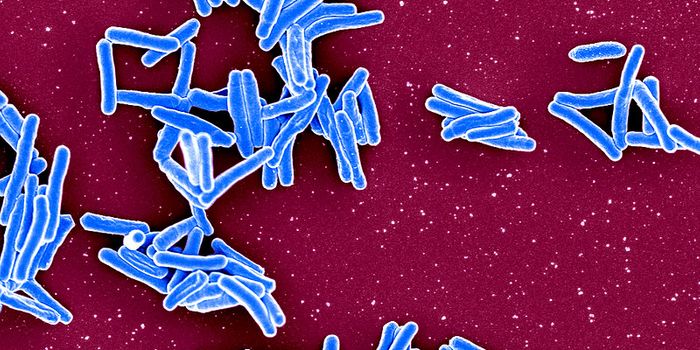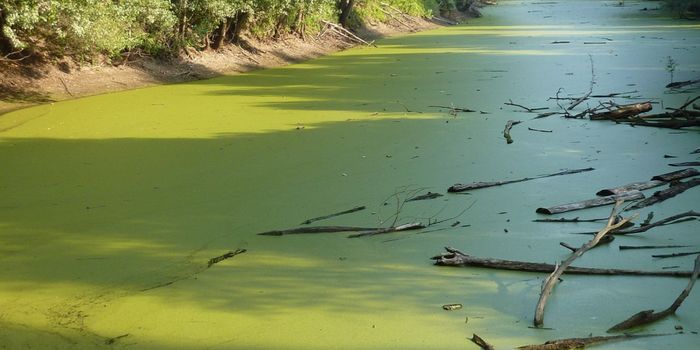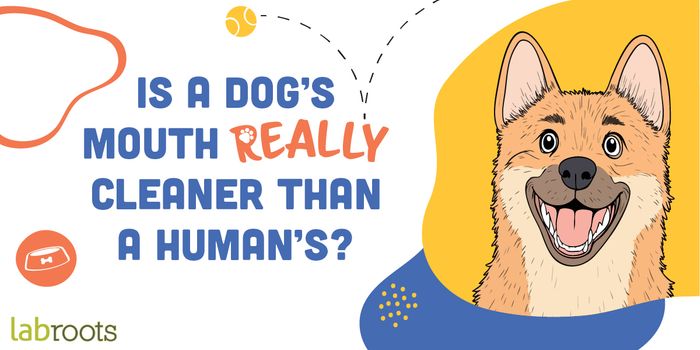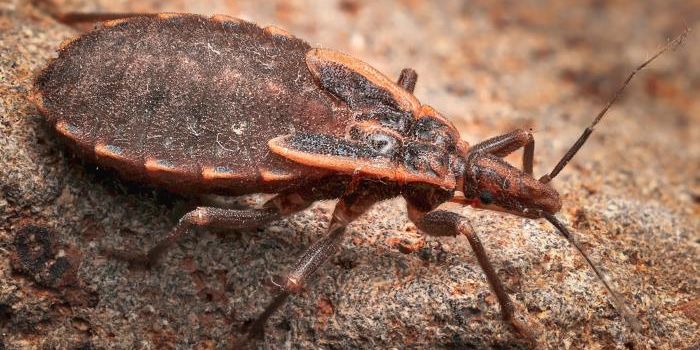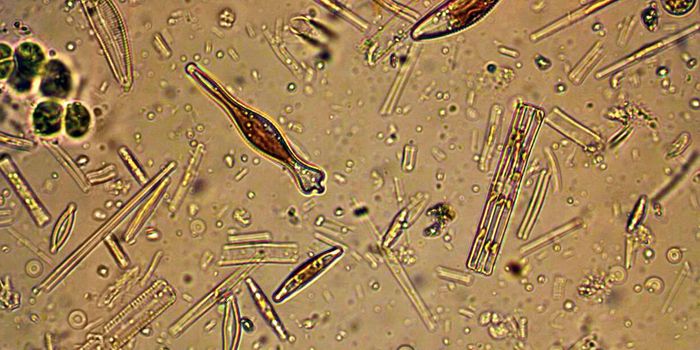A World of Mysterious Microbes on... Your Toothbrush?
The world is full of microorganisms, many of which are still a complete mystery to us. Scientists have been working to learn more about some of the uncharacterized microbes like archaea, bacteria, and viruses, that live in places like the oceans, rainforests, geothermal hot springs, or even inside of the human body. Many of the microbes produce molecules that could be very useful to us, such as novel antibiotics, or they are capable of chemical reactions that could be beneficial, such as breaking down plastics.
Scientists have now taken a look at the microbes in much less exotic places: toothbrushes and shower heads. This work has shown that those places harbor a world of diverse and unusual viruses that can rival some biodiversity hotspots. There's no cause for concern though, because these viruses target bacterial cells for infection, and not human cells.
There has been a microbial arms race going on for millennia. Viruses called bacteriophages can specifically target bacterial cells, and take them over. Bacteria also have their own ways to fight back against these viruses. (One bacterial defense system that has recently become fairly well known is CRISPR).
Bacteriophages were once thought of as potential medicines against bacterial infections, until antibiotics came along. Now that antibiotics are starting to fail, and new ones have been difficult to develop, researchers and sometimes, clinicians are turning to bacteriophages as a potential solution to antibiotic resistance.
Could our shower heads and toothbrushes aid in the fight against antibiotic resistant drugs? This study, which was reported in Frontiers in Microbiology has suggested that they could.
"This project started as a curiosity," said senior study author Erica M. Hartmann, an associate professor at Northwestern University, among other appointments. "We wanted to know what microbes are living in our homes" The researchers knew that microbes like water, and that there are a few places in homes that are often wet. They went to showerheads and toothbrushes for their study.
"The number of viruses that we found is absolutely wild. We found many viruses that we know very little about and many others that we have never seen before. It's amazing how much untapped biodiversity is all around us. And you don't even have to go far to find it; it's right under our noses."
The team identified the bacteria on the surfaces first, then viruses. They found over 600 viruses, and no two samples were the same. The viruses on showerheads and toothbrushes were totally different, said Hartmann. "Each showerhead and each toothbrush is like its own little island. It just underscores the incredible diversity of viruses out there."
The researchers did see that there were more mycobacteriophages compared to other types of phages. Mycobacteriophages infect pathogenic mycobacteria. These phages may one day help clinicians eliminate mycobacterial infections from patients.
Hartmann added that there is no need for people to worry about these microbes, and if they are concerned, they can soak shower heads in vinegar to remove calcium stains or just wash them with soap and water. Antimicrobial toothbrushes might encourage the growth of antibiotic resistant germs, so Hartmann avoids those.
"Microbes are everywhere, and the vast majority of them will not make us sick," she said. "The more you attack them with disinfectants, the more they are likely to develop resistance or become more difficult to treat. We should all just embrace them."


